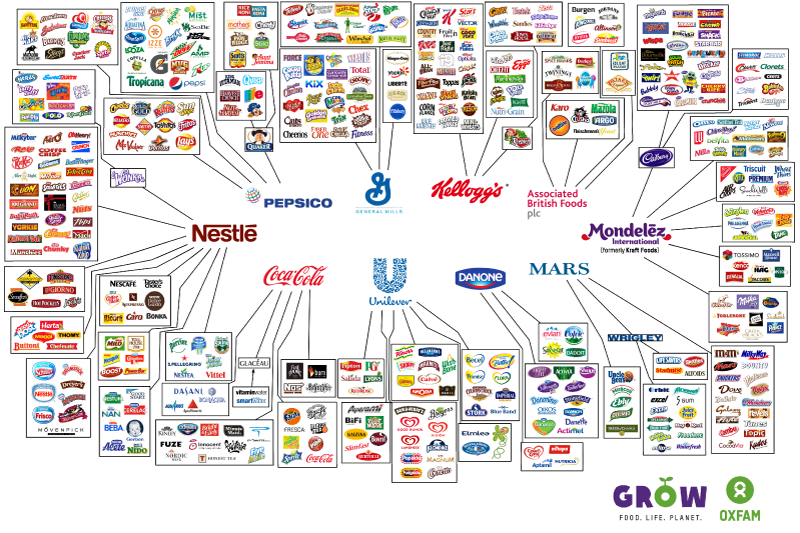
Meat giant JBS faces New York lawsuit about their climate lies
Brazilian meat giant JBS plans to list on the New York Stock Exchange (NYSE) by the end of the year. With its international operations and meat brands such as Pilgrim’s Pride, Swift and Certified Angus Beef, JBS is a huge player in the food industry. The company's plan to seek billions of dollars from Wall Street would have profound implications for the planet. JBS is the world’s worst Amazon deforester, a major carbon polluter and drives land-grabbing on a large scale. Their Initial Public Offering (IPO) plays down its role as one of the world’s worst forest destroyers. The true deforestation footprint of JBS is probably as high as 1.7 million hectares in its direct and indirect supply chains in Brazil.
This is probably the biggest climate risk IPO listing in history. The IPO contains misleading claims about the company's commitment to a deforestation-free supply chain in Brazil. But opposition to the IPO has been mounting. US Senator Cory Booker led a bipartisan letter to the Securities and Exchange Commission (SEC) calling on them to scrutinize the attempt of JBS to gain access to trillions of dollars in US capital markets by listing itself on the NYSE. In the meantime, the Department of Justice and SEC fined JBS 256 million USD for engineering an enormous political bribery effort in 2020, publicly blasting the company for "Engaging in bribery to finance their expansion into the US markets".
Now, JBS is facing another political challenge, with New York attorney general Letitia James suing the company for misleading consumers about its climate goals, arguing that it has profited from illegal environmental marketing practices. The New York lawsuit focuses on the failure of JBS to present a credible plan how to reach their 2040 net-zero goal, despite promoting their meat products as climate friendly. New York's attorney general is asking JBS to cease its net-zero ad campaign, conduct a third-party audit of its compliance with the state's consumer protection statutes, and return ill-received profits from misleading the public.
According to its own data, JBS emitted 71.1 million tonnes of CO2e (carbon dioxide equivalents) in 2021 - more than the entire nation of Ireland. However, this figure is much higher in reality. JBS hasn't taken into account most of its scope 3 emissions, which make up 97% of its climate footprint. These are greenhouse gas emissions that are produced as a result of its activities, but not by assets that it owns. The vast majority of the company's scope 3 emissons comes from deforestation in the Amazon, which has already sprawled more than one million hectares. Including scope 3 emissions would bring the climate footprint of JBS up to 421.6 million tonnes of CO2e. This is about as much as both the world's aviation sector and the UK as a whole generated in 2022 (each emitted 426 million tonnes of CO2e, according to Bite Back).
JBS says it plans to eliminate these emissions by 2026, but the New York lawsuit notes that the meat producer's greenhouse gas calculations did not account for them in the first place. Setting ambigious targets to reduce emissions is not enough. The failure of JBS to act on their commitments and transparently disclose their progress, suggests that the time is ripe for a tax on meat. Taxes on meat and dairy are inevitable to decarbonise agriculture fast enough for limiting global heating to below 1.5°C.
